Dealing with rejection
Discover how to handle rejection with grace and help your child do the same. Explore tips for managing self-talk, normalizing rejection, and building confidence. Learn practical strategies for fostering resilience and creating a supportive environment for social growth.

Welcome back! How did the first few days of school go? How is your child talking about social connections and friendships, and how are you feeling about that?
Today, I want to discuss something we don’t like dealing with but happens all the time: rejection. Ouch. This hurts. I say this because I personally dealt with rejection in different ways last year and helped my children navigate it too.
This week's Journalling Prompts are also around dealing with rejection.
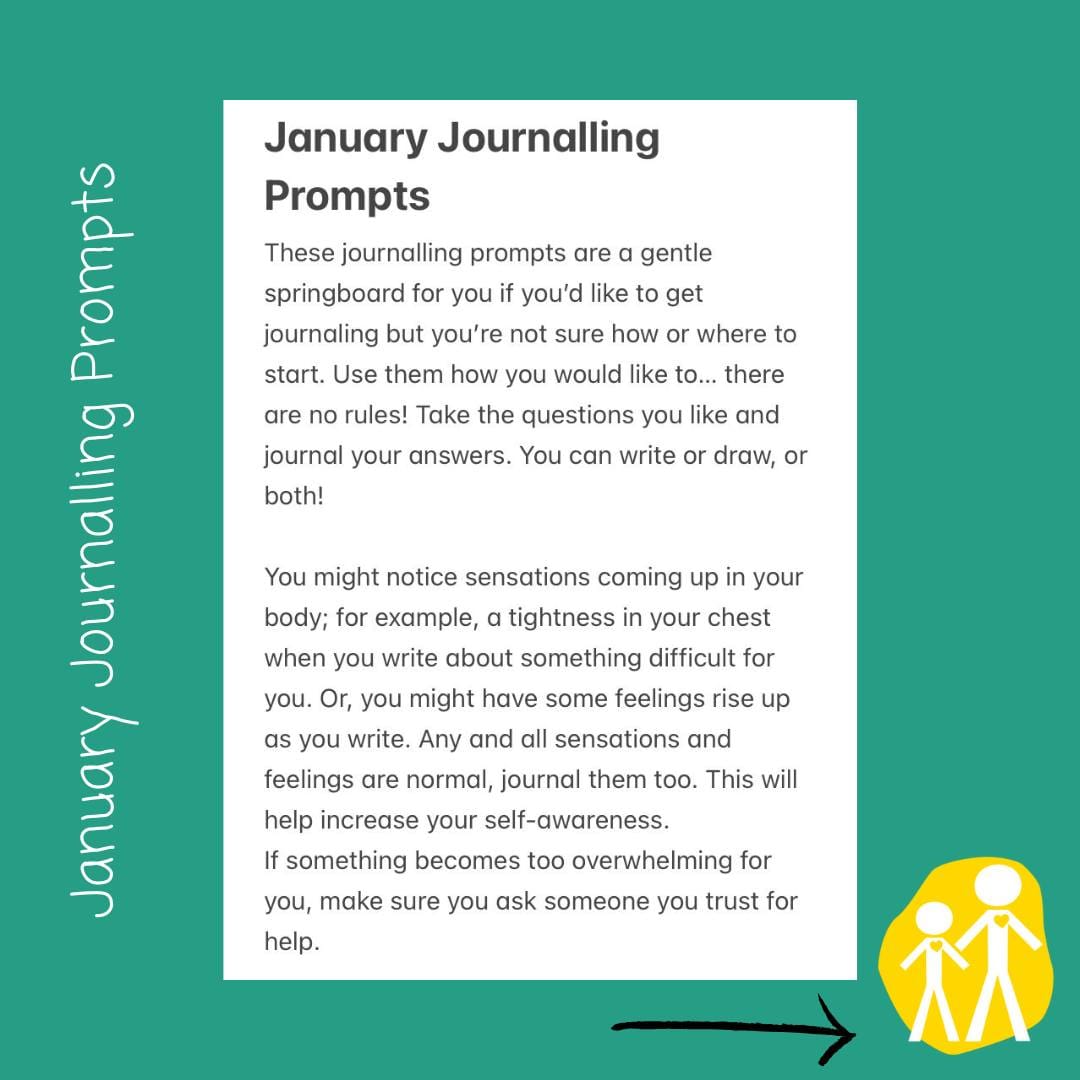
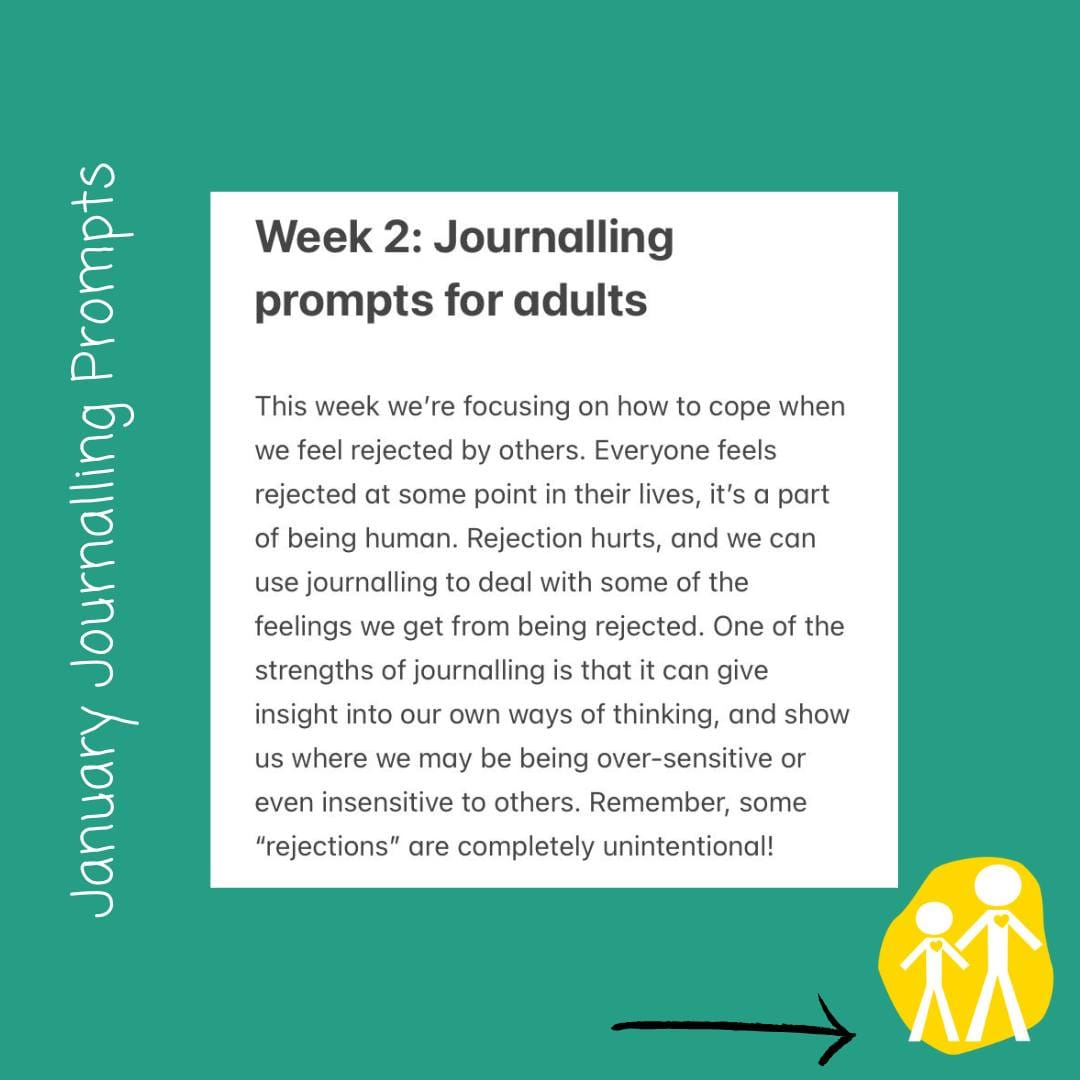
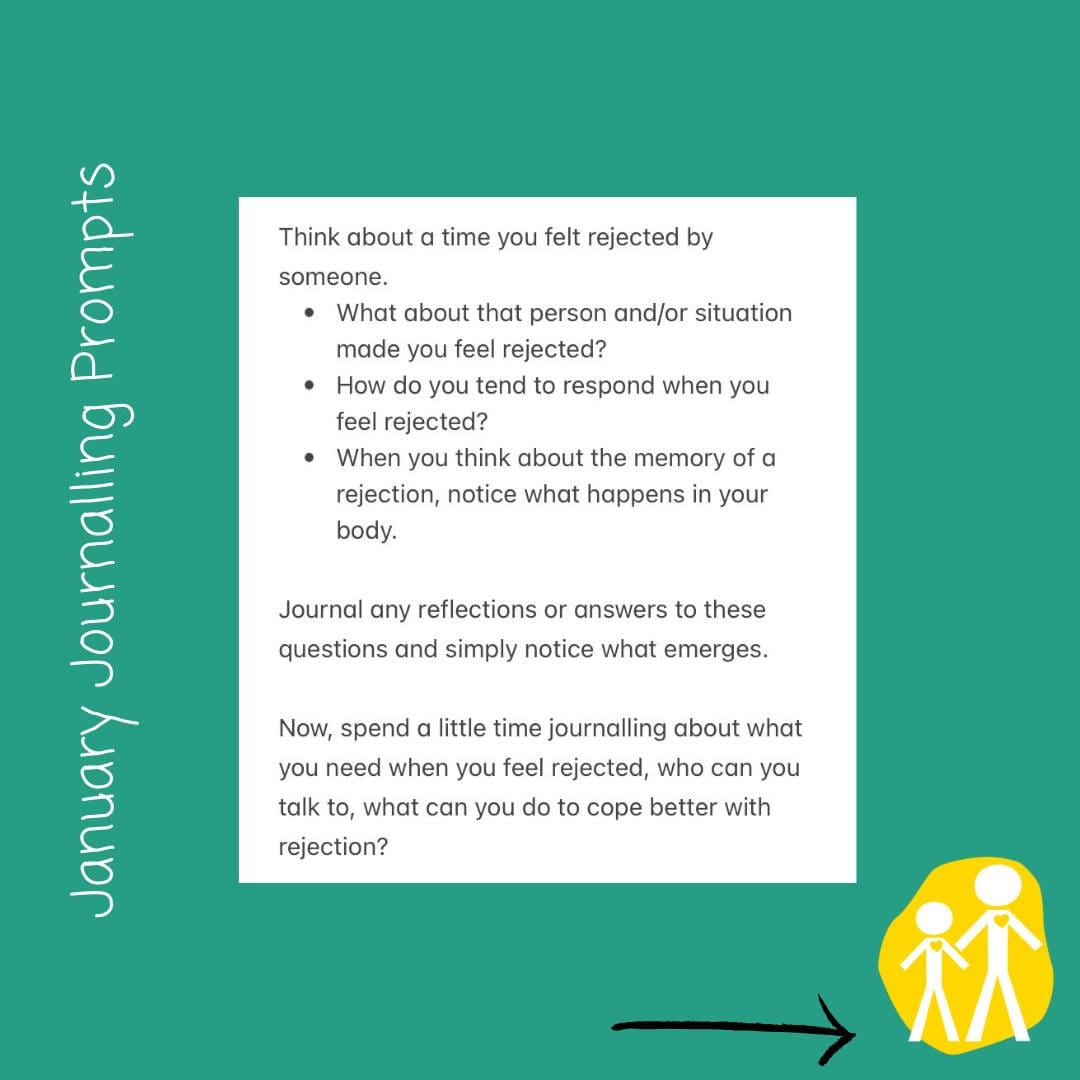
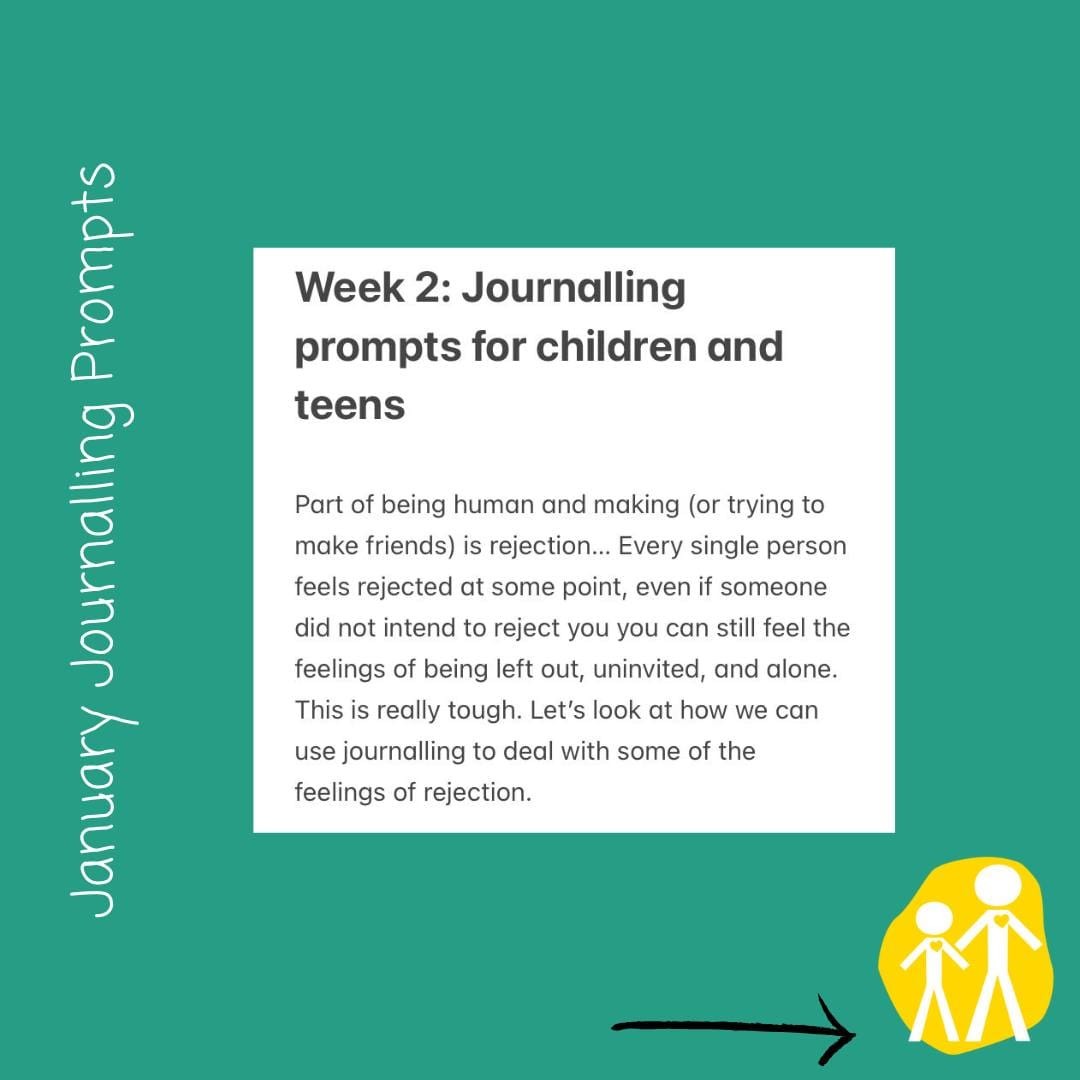
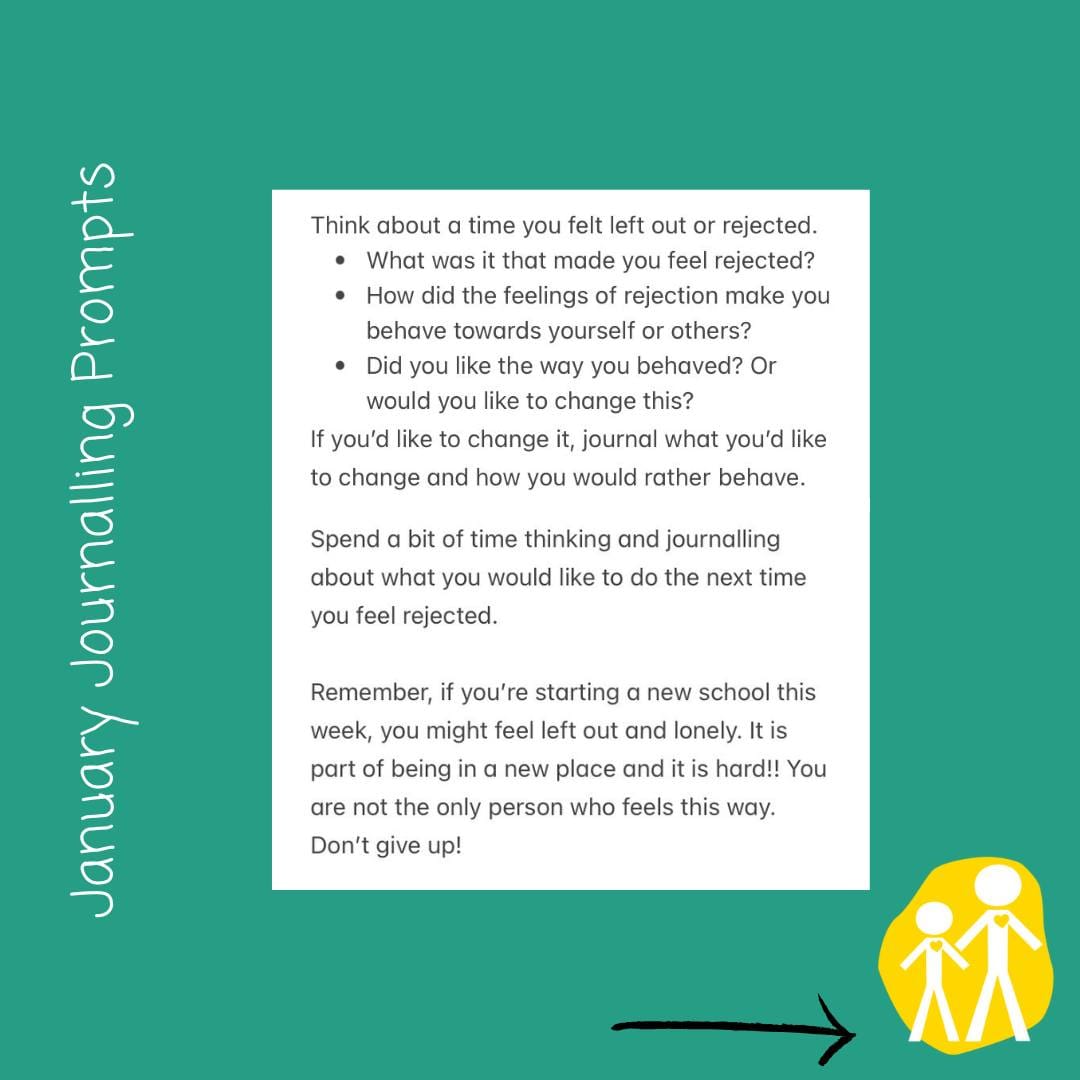
Every One of Us Feels Rejected
If you are human and reading this, you’ve likely experienced rejection in some form during your life. Rejection can also be perceived, where we interpret someone’s response or lack thereof as rejection.
Rejection is tough to handle for both adults and kids. Yet, it’s a part of life, and we need to resist rescuing our children from the pain of it.
Take a moment
Place your hand on your heart, your feet on the ground, take a slow breath in, and an even longer breath out.
“Rejection steals the best of who I am by reinforcing the worst of what’s been said to me.”
— Lysa Ter Keurst (Uninvited, 2016)

The Role of Self-Talk in Rejection
Inside all of us is a constant stream of self-talk. Sometimes it’s conscious, but often it’s running in the background, influenced by how others spoke to us growing up.
Negative self-talk can make rejection feel like a confirmation of harsh judgments about ourselves, even if they were said long ago.
Take another moment
Place your hand on your heart, your feet on the ground, take a slow breath in, and an even longer breath out.
Rejection can create a bias against ourselves, focusing on perceived negatives while ignoring positives. Children especially face this with peers—"If you don’t do this, I won’t be your friend anymore!"
Rejection feels like a threat to the core of who we are. But in reality, rejection is often not about us as individuals.
“The mind feasts on what it focuses on. What consumes my thinking will be the making or breaking of my identity.”
— Lysa Ter Keurst (Uninvited, 2016)

Take a luxurious breath
Stretch your body and breathe in and out slowly.
Helping Yourself Through Rejection
Note:
Some rejections can have traumatic, lifelong consequences. If this applies to you, seek professional help. The following tips address everyday rejections we all face.
- Examine Your Self-Talk
- Notice negative patterns.
- Be curious about their origin.
- Consider how they shape your beliefs about yourself.
- Make a List of Positives
- Write down what you like and appreciate about yourself.
- Ask friends and family for their input.
- Keep this list handy for moments of self-doubt.
- Mourn the Rejection
- Allow yourself to feel sadness, anger, or disappointment.
- Process these feelings with someone you trust.
- Don’t Give Up
- Accept that not everyone will connect with you—and that’s OK.
- Focus on finding your "people."
- Take Responsibility Where Needed
- If you notice a pattern of rejection, reflect on whether your behavior might play a role.

Helping Your Child Through Rejection
Take another lovely breath
Smile, stretch, and breathe out.
Once you’ve worked on your own rejection response, you can help your child with theirs:
- Normalize Rejection
- Reassure your child that everyone experiences rejection.
- Create Space to Process
- Listen to their feelings and help them regulate through deep breathing or stretching.
- Make a List of Strengths
- Help your child identify what they like about themselves and their strengths.
- Encourage Persistence
- Remind them that each day is a new chance to connect.
- Explore Responsibility
- Gently discuss whether there’s anything they might do differently.
- Re-set After Rejection
- Spend time affirming what you love about them and encouraging them to try again.
How are you doing? Let me know by emailing me at playtherapy@smallbones.com
A reminder of what's coming up!

